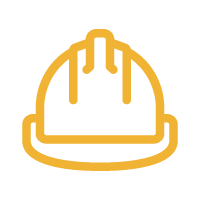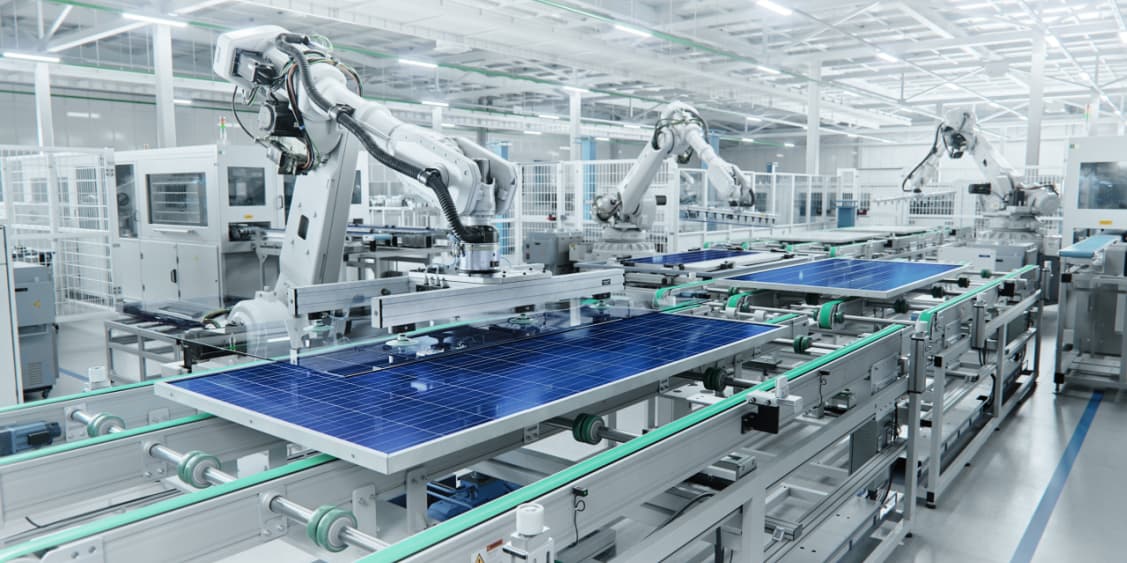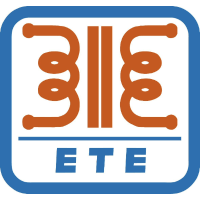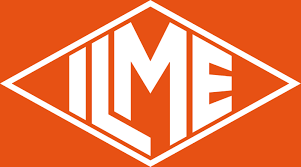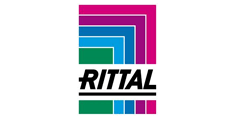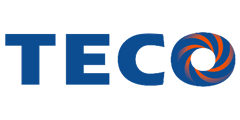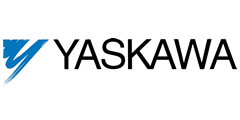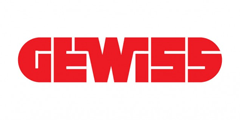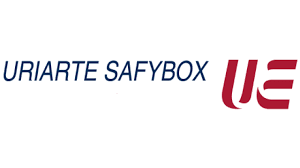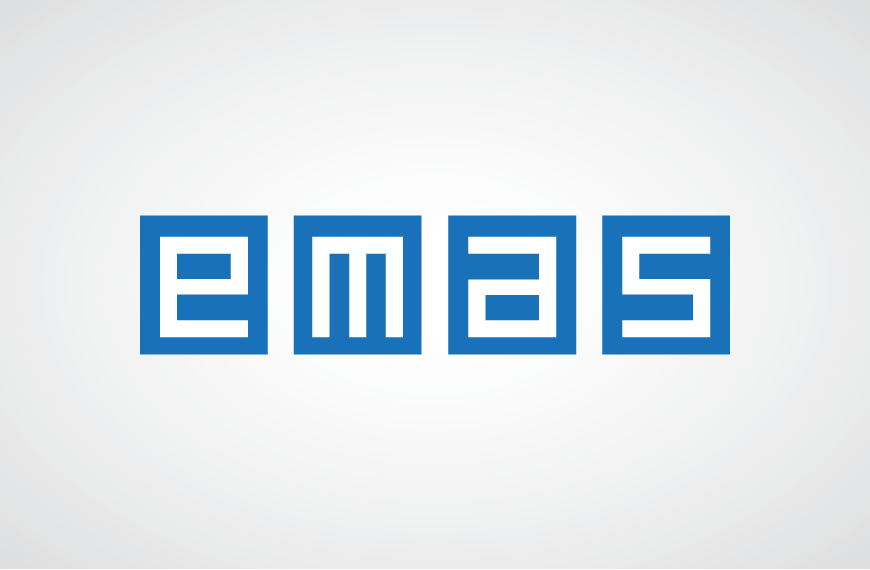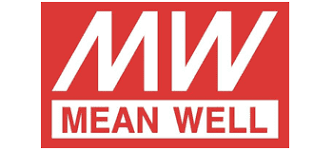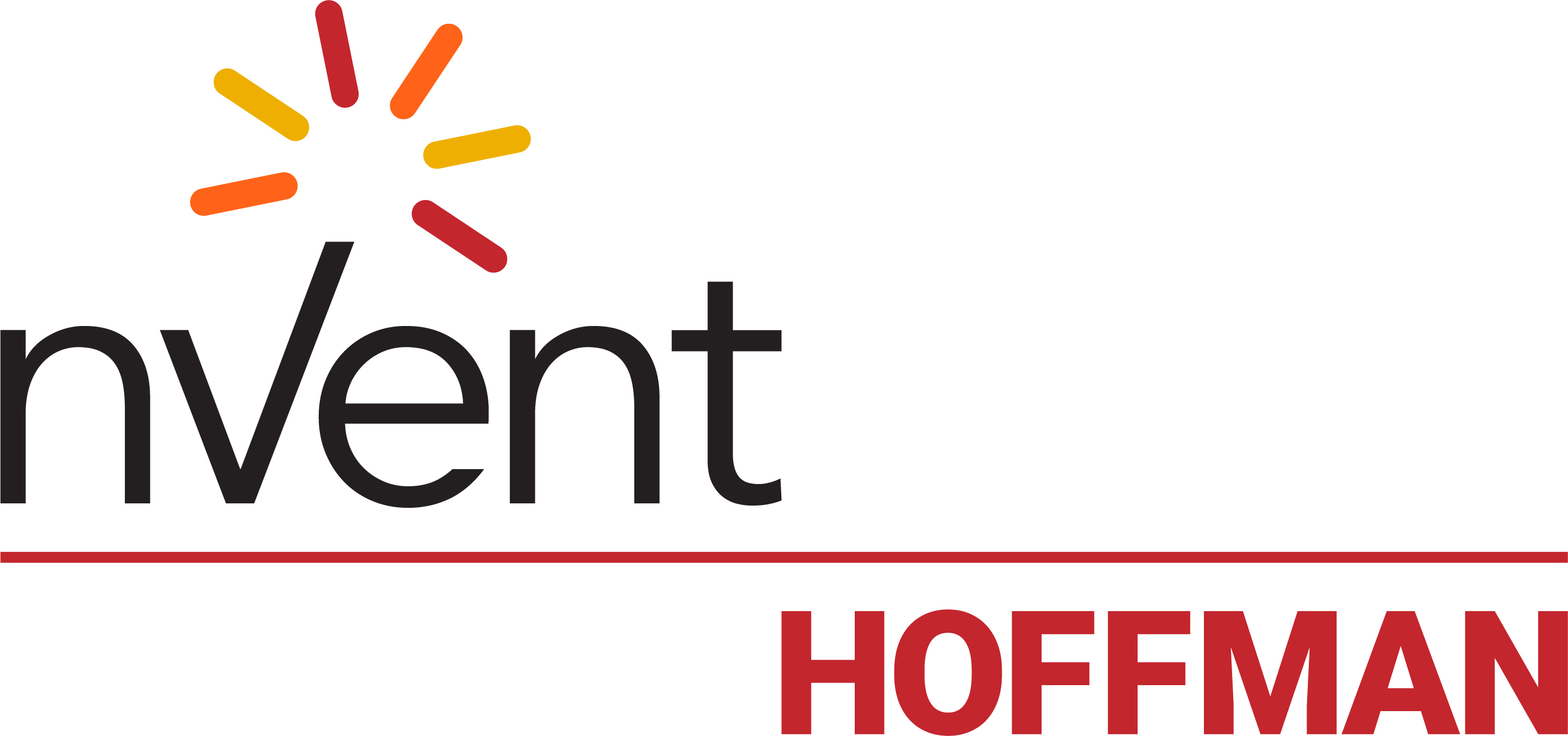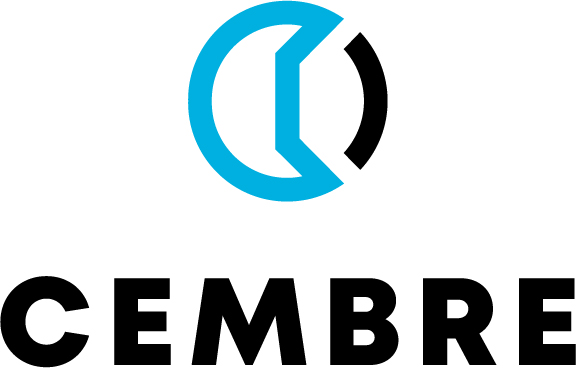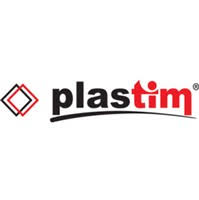Over the last twelve months or so, the use of artificial intelligence has exploded across a huge range of sectors across the globe. From finance and administration to energy and business, already AI has started to drastically transform the ways in which these sectors operate. And of course, manufacturing and factory automation is a prime example of the type of industry which is already seeing big changes from the implementation of AI, and is expecting many more on the horizon too.
As experts in factory automation here at LED Controls, with more than 20 years of experience behind us, we’ve been watching the progress of AI with keen interest. Here’s a bit more about what you may be able to expect artificial intelligence to help you with in the years to come!
Reduce downtime
AI’s ability to collect, process and effectively analyse dizzying volumes of data can play a useful role in helping you to cut down on costly downtime. PepsiCo is already utilising machine learning on its production lines; specialised sensors installed on its equipment have been trained in massive amounts of audio data regarding hardware faults, enabling them to listen out for any audible indications that a machine might be about to experience issues.
Not only can they listen to and analyse a machine’s condition in real-time, but they can even use historical data to provide advance warning to human operators of potential impending issues. In other words, they can help to sketch out rough predictions on a machine’s operational lifespan, which can be instrumental in helping to schedule preventative maintenance.
Minimise manufacturing faults
It’s not just audio information that AI can be trained on, but visual too. Some factories are using the “computer vision” of AI to detect product defects at scale. Specialised cameras are capable of tracking products moving across conveyor belts and through sorting machines, and analysing the quality and aesthetics of the product a lot more sharply than human eyes are able to.
This kind of application is particularly useful for organisations manufacturing highly specialised or incredibly complex parts, such as circuit boards – where some faults might be all but invisible to the human eye.
Optimise energy usage and improve safety
As we’ve briefly covered above, reducing downtime is one reliable way in which AI can help to save costs for businesses – but another key way is a little more direct.
Namely, managers can use AI to analyse the specific energy profile of their machines, and then artificial intelligence can proactively monitor them on a continuous basis – ensuring that they’re only ever using exactly as much energy as they need. That optimal energy usage can help minimise the running costs of each machine, without shortening its operational lifespan or posing any risk to surrounding machinery or assets through power imbalances.
Speaking of risks, AI can potentially help there too. Some companies are already looking at ways that AI can be used to help keep their staff safe around machinery. For example, they may monitor video feeds to identify potential threats or accident risks around the immediate area of the machine. Or, they can continuously monitor power levels or the physical integrity of a certain machine or component, so that they can provide advance warning or even shut a system down long before an accident occurs.
This is all just a sample of course – as the technologies and applications develop further, you may even be able to find your own uses for artificial intelligence!
In the meantime though, if you’re looking to replace any of the physical components on your factory lines, you’re in exactly the right place. With more than two decades of experience here at LED Controls, we supply a wide range of components including Programmable Logic Controllers, variable speed drives, and Motor Control Gear equipment – many sourced from globally-renowned manufacturers, including IMO and ABB. Feel free to look at what we’ve got available, and if you have any questions or need any advice, you can always give us a call on 01706 242050. We’re here to help!


